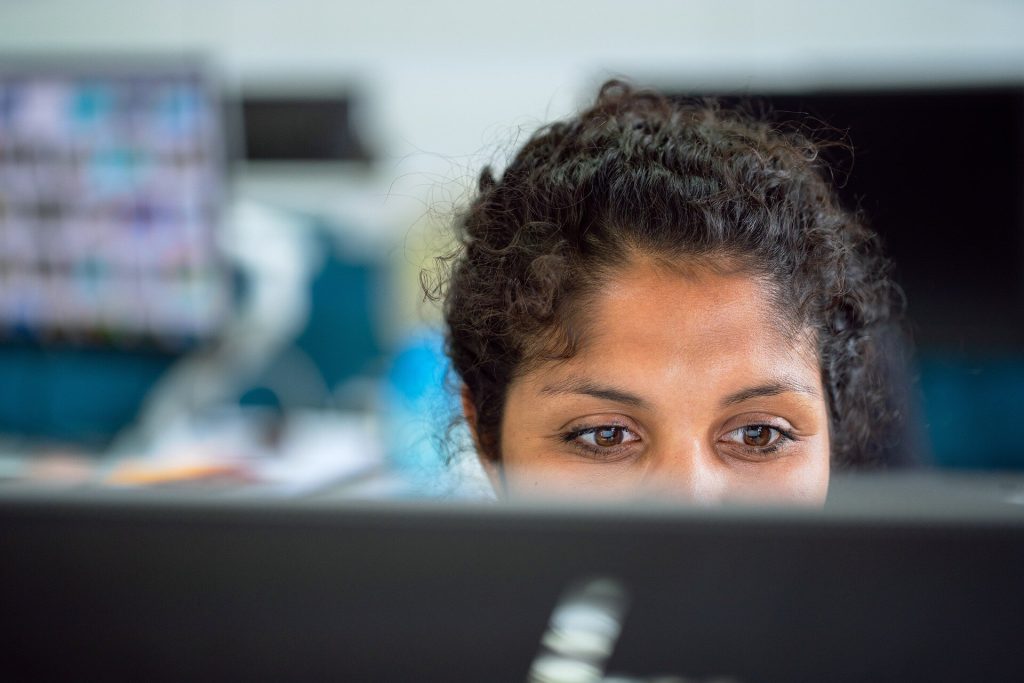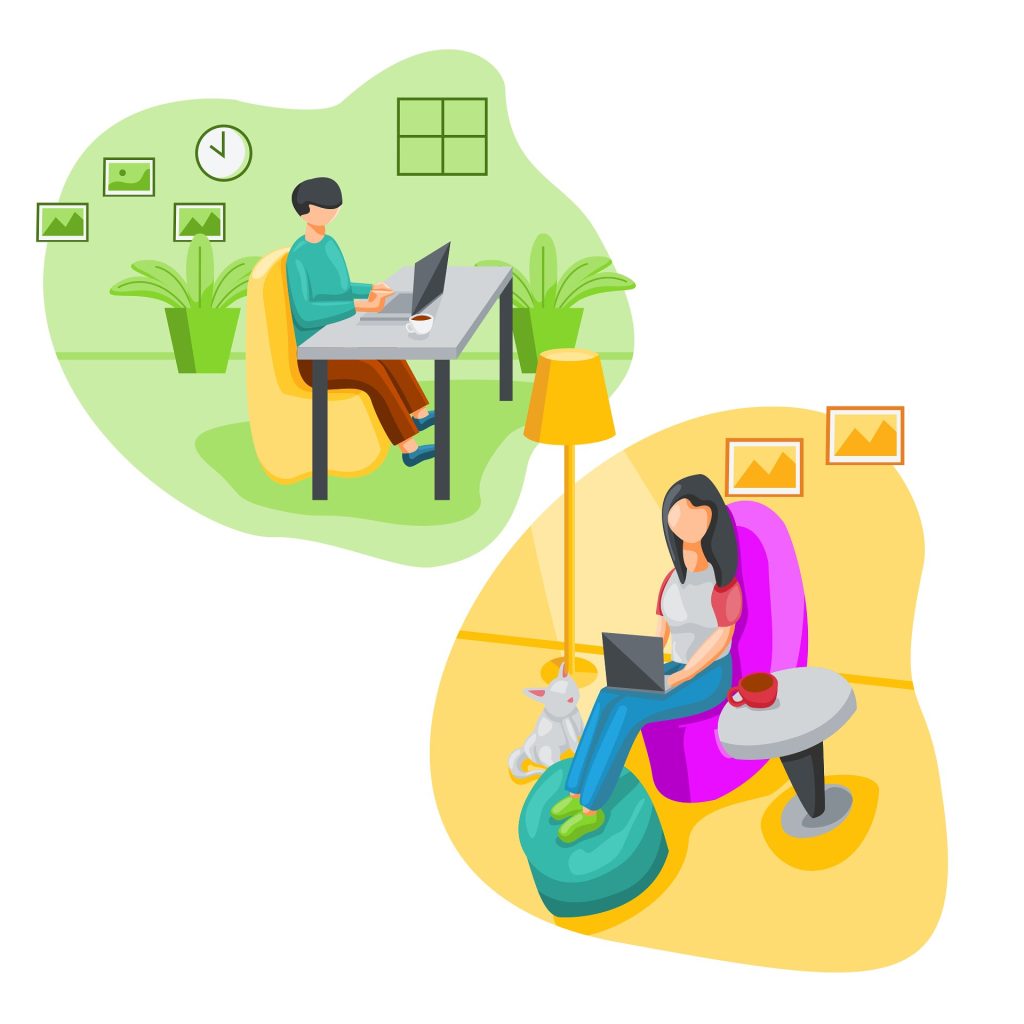In the whirlwind world of technology, discussions about artificial intelligence can stir up both excitement and anxiety. However, recent insights from industry leaders suggest that while AI is transforming our workplaces, it’s unlikely to sweep away jobs as dramatically as once feared. Join us as we explore the evolving relationship between AI and the workforce, highlighting the importance of human skills in this brave new world.
As our workplaces continue to evolve, predictions of widespread job loss due to AI technologies might be a bit exaggerated. According to Tomas Chamorro-Premuzic, the Chief Innovation Officer at ManpowerGroup, a leading staffing firm, while AI is changing the landscape, it won’t be the core of employment soon. During a vibrant discussion at the Vivatech trade fair in Paris, he noted that historical forecasts about technology often miss the mark.
A recent report from the International Labor Organization (ILO) provided some fascinating insights. It revealed that while about one in four workers may see their roles influenced by generative AI, only a small fraction are at significant risk of total automation. This isn’t to say changes aren’t rapid; the capabilities of AI are advancing swiftly, exhibiting behaviors that allow them to operate with a fair amount of independence.
Savoring Soft Skills
So, what does this mean for workers? Chamorro-Premuzic suggests that as AI tools become more prevalent, the emphasis on certain human qualities will rise. Workers, managers, and organizations will need to rethink how they utilize the time saved by automation. If AI helps a worker cut their tasks by 30% but that time is used unproductively, it won’t enhance overall output.
According to a recent survey by ManpowerGroup, traits like ethical judgment, team management, and strategic thinking emerged as invaluable skills that AI cannot replicate. Sadly, the push to cultivate these skills within training programs hasn’t kept pace with the rapid adoption of AI.
“For every dollar spent on technology, eight or nine should go into developing the human aspect of the workforce,” Chamorro-Premuzic emphasized, highlighting a critical gap in current corporate strategies.
The AI Recruitment Revolution
One area where these changes are palpable is in recruitment. Job seekers are utilizing AI just as swiftly as companies are introducing it into their hiring processes. Imagine applicants submitting astonishingly polished applications while using AI to prepare for interviews—sounds futuristic, right?
However, a recent survey revealed that only a small portion of applicants admitted to using AI for sleight-of-hand tactics in their job searches. On the other side, many recruiters are embracing AI to create job descriptions and streamline application processes. The focus seems to be shifting from traditional qualifications to potential, highlighting attributes like work ethic and adaptability over mere skills—often outdated in a fast-changing market.
Chamorro-Premuzic believes that the next step in recruitment evolution involves recognizing potential rather than just skills. “What’s important is knowing you are curious, hardworking, and possess good interpersonal skills—qualities AI can help assess,” he said, envisioning a future where human touch remains central in hiring.
As we continue navigating this dynamic intersection of AI and the human workforce, it’s clear that while AI may change how we work, it cannot replace the unique qualities that make us human. Together, let’s embrace the opportunities this technological shift brings and prepare ourselves for an exciting future!
© 2025 AFP
If you would like to see similar science posts like this, click here & share this article with your friends!





